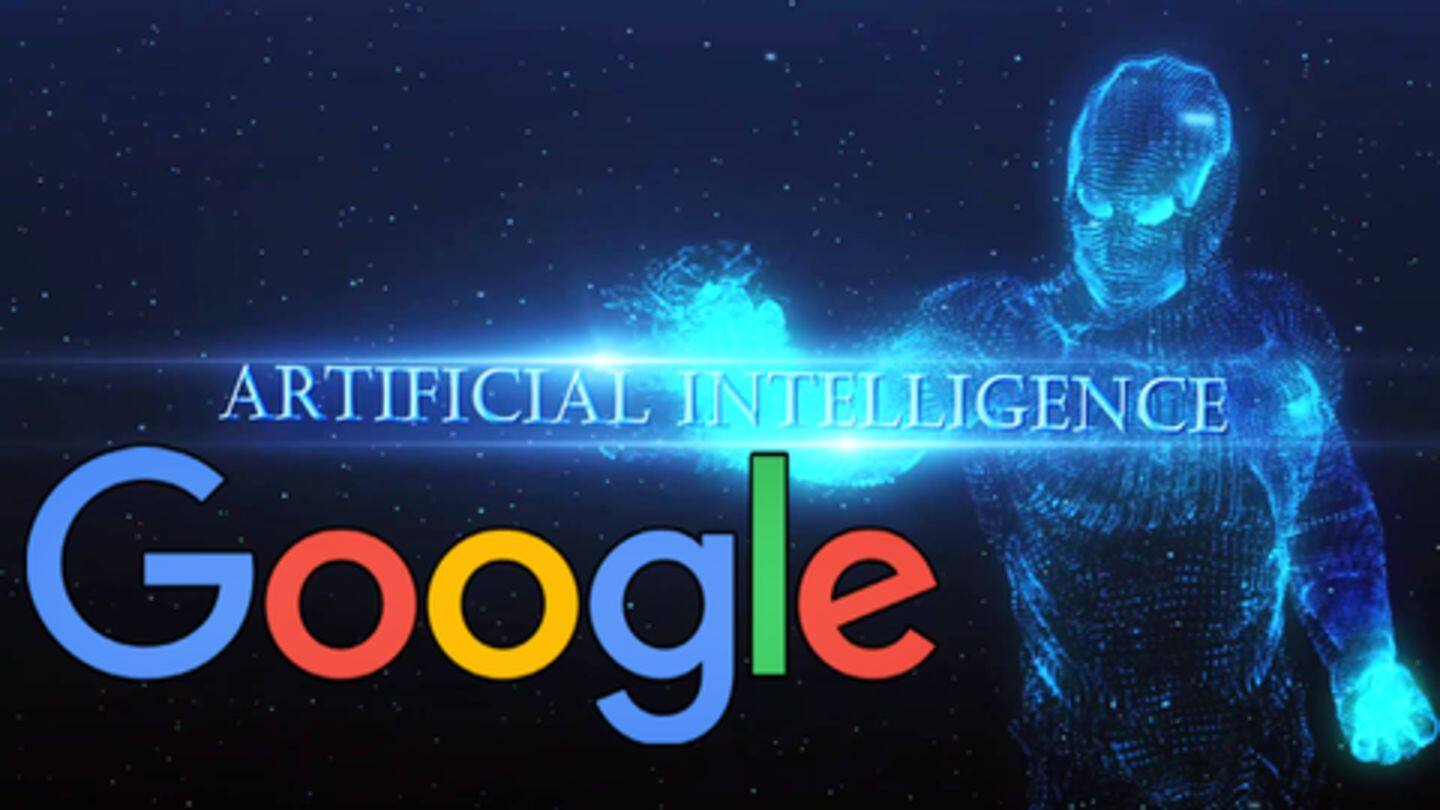
Google's AI is better at predicting patient deaths than hospitals
What's the story
New research published by Google's Medical Brain team indicates that AI might be better than current systems in predicting patient deaths in hospitals.
While there are several barriers to scale up the technology for widespread use in hospitals, they're not insurmountable, and the healthcare potential of an AI-based prediction system for the likelihood of death, discharge, and re-admission is massive.
Here's more.
Quote
Google's AI outperformed clinically-used predictive models in all cases
"These [AI-based predictive] models outperformed traditional, clinically-used predictive models in all cases. We believe that this approach can be used to create accurate and scalable predictions for a variety of clinical scenarios," said Google in its study.
Case study
In one instance, Google's AI outdid a hospital
Google's findings were published in the Nature journal in May.
In one major case study in the research, Google applied its AI algorithm on a patient with late stage breast cancer, and predicted that there was 19.9% chance of the patient dying.
The hospital's Early Warning System, on the other hand, predicted a 9.3% chance of death.
A few days later, the patient died.
Data
Google's AI sifted through massive amounts of health data
In order to predict the patient's death, Google's AI analyzed and tallied 175,639 data points from the patient's electronic health records. Meanwhile, in the whole study, the AI analyzed 216,221 hospitalizations with 114,003 patients, and over 46 billion data points from all of their EHRs.
AI vs EWS
Where Google's AI stands out from hospitals' early warning systems
But, if hospitals already have Early Warning Systems, what's new about Google's AI?
Well, there's a significant difference.
Current warning systems can only read some of the data present in electronic health records (EHR).
Google's AI, on the other hand, can read ALL the data in an EHR, including scribbled notes, notes buried in PDFs, as well a huge amount of structured and semi-structured data.
Quote
Study co-author explains Google's approach
According to Nigam Shah, co-author of Google's research, almost 80% of the time spent on current predictive models goes into "scut work" of making data presentable. With Google's AI, "You can throw in the kitchen sink and not have to worry about it," said Shah.
New market
Google is eyeing the healthcare market now
Understandably, there's a lot of excitement within Google over the technology, especially considering its "commercial promise".
Despite declaring itself to be an "AI-first" company in 2016, Google hadn't made much progress in terms of inventing commercially viable AI tech in spheres apart from internet services.
Now, finally, the Medical Brain team's research gives Google the chance to break into a brand new market.
Risks
Don't be evil, Google
Yet, for all its potential, funnelling all personal health data into a single AI-based predictive model owned by one of the world's largest private corporations does seem unsettling.
Access to electronic health records of millions of people could enable a powerful corporation like Google to exploit health industries, and even become a monopoly in healthcare.
Hopefully, Google won't be evil.